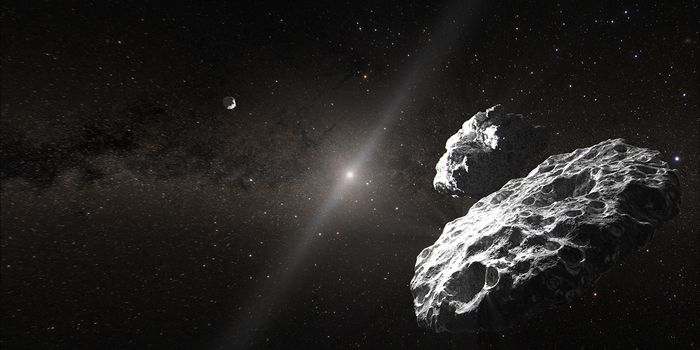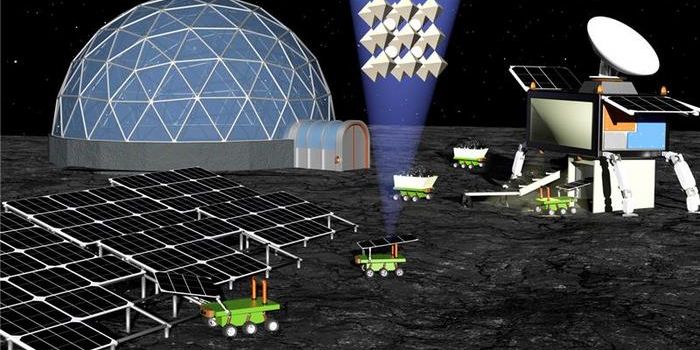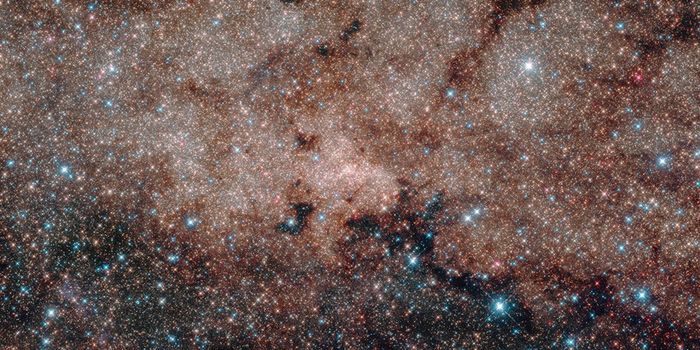British Astronaut Tim Peake Lands Back on Earth
In conclusion of British astronaut Tim Peake’s 186 days aboard the International Space Station, the spaceman has landed on solid Earthly ground in Kazakhstan on Saturday.

Image Credit: The Guardian
Peake rode on a Russian Soyuz spacecraft along with American astronaut Tim Kopra and Russian cosmonaut Yuri Malenchenko, who each also returned in the capsule to end their expedition, and touched down on Earth at about 5:15 A.M. EST this morning.
My ride home: #Soyuz TMA-19M looking as good as the day she was launched into orbit https://t.co/wSzavVpMtS pic.twitter.com/sWhLSYJXxY
— Tim Peake (@astro_timpeake) June 17, 2016
"The first time I saw the Earth was just a few moments after insertion into orbit," Peake said in an interview with CNN. "It was just the most incredible feeling to be in orbit and see the planet for the first time. It was spectacular."
Peake performed a variety of space experiments having to do with technology and biology on the International Space Station while he was there, and he also performed a risky spacewalk inside of his space suit with NASA’s Tim Kopra in order to replace a failed component in the International Space Station’s solar arrays and to run some cables.
His achievements are a huge 1-Up for Britain, as he is the first British ESA astronaut.
Back at home, Peake will now have to spend a lot of time on his health, as space has a tendency to reduce an astronaut’s bone density and make you taller as your spine stretches out due to the lack of gravity to hold you down.
Peake will be monitoring his health closely for at least a couple of weeks before things start to ease back into the norm for him, and then for months after that, he’ll still need to take care of his bones for a few months to get his bone density back.
Now the only people on board the International Space Station are NASA’s Jeff Williams and Russia’s Oleg Skripochka and Alexy Ovchinin. Soon, the next expedition that will be heading to the International Space Station will be NASA's Kate Rubin, JAXA's Takuya Onishi, and Roscosmos' Anatoly Ivanishin.
Source: CNN








